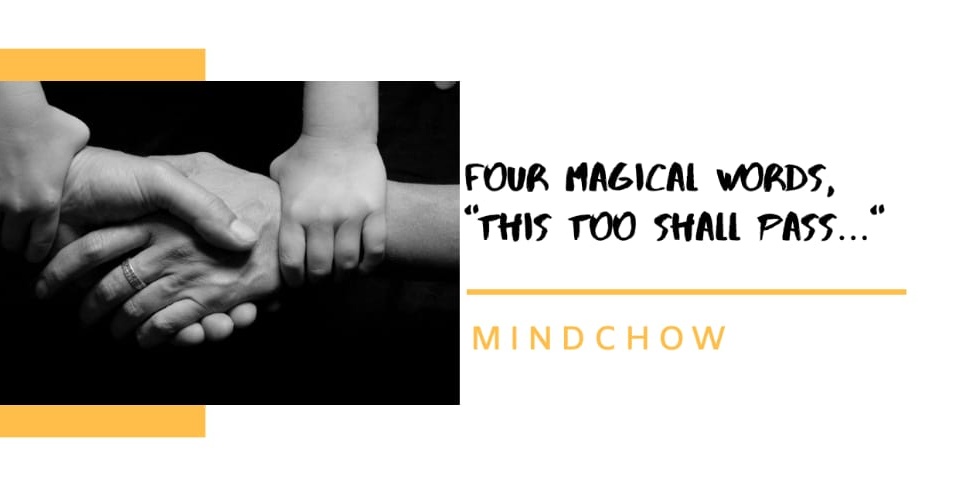With the Covid-19 restrictions of ‘Unlock 2.0’ ending on Friday (July 31), the government is now formulating guidelines for Unlock 3.0 which will come into force from August. Isolation helped in achieving the goal of reducing infections but it also reduced access to family, friends, and other social support systems causes loneliness increasing mental issues like anxiety and depression.
The initial euphoria of panic buying, binge watching TV shows and sharing photographs and feel-good messages slowly died, as many grappled with the dark reality enveloping them. There’s a lull around. One can slowly see businesses closing, friends losing jobs and rising numbers of infections. Insecurities are more now. With increasing financial worries, loneliness, physical problems (as a result of a restricted lifestyle) corona threats still hovering largely over our heads, new educational and working norms taking over ,all these issues are matter of great concern to the already anxious populace. Another thing that have affected people during Lockdown is fear. Everyone is afraid of everything around. As a result of which, ‘Trust’ is now a difficult word indeed. This anxiety, fear and stress may even lead to Agoraphobia in people putting them in chronic panic.
Empathy and compassion can provide healing and solace to any beautiful mind in these turbulent times. Throwing light on social media and peer pressure, Dr. Karthik Rao, MD (Consultant Psychiatrist at Andheri, Mumbai, with more than a decade of experience) shares, “People are most exposed to social media this phase. Now, the ones with low self-esteem tend to compare their social status with posts by people from a higher socio economic group. They tend to be prone to going into depressive moods. This is aggravated by financial and occupational insecurity in times of the lockdown. It is advisable to such individuals to cut down on viewing only materialistic possessions of others. They can instead pick up healthy habits of successful people like hard work, discipline, communication skills and goal setting. They can search the internet for posts on balanced diet, simple free hand exercises, art and meditation.”
One luxury that you can afford in such testing times is rejuvenate all your senses. Do things to improve your productivity. Do not count the “likes” on social media, instead increase your goodness count. The number of likes may add to your dopamine level temporarily but surely is not a way to ultimate soul satisfaction. Instead, illuminate your heart, your soul. Don’t be sad or taking anyone for a guilt trip but nurture your senses. Nurture a sense of responsibility combined with a sense of humility. If you nurture your mind, body and spirit your good time will expand. Nurture your great spirit for a great self. Do things that you enjoy doing. Hone all your skills. There is an abundance of solidarity everywhere around us. Be positive. Leave people better than you found them. As, the saying goes “Nurturing yourself, is not selfish-it’s essential to your survival and well-being”, quoted by Renne Peterson Trudeau.
India has a long way to go in terms of mental health care services with a deep-rooted stigma against these issues working against progress. A 2015 WHO report corroborates there were three psychiatrists and ‘even fewer psychologists’ per million people in India-even as 7.5 per cent of the Indian population suffers from some form of mental disorder
Till then get and give strength to many in these challenging times with four magical words, “This too shall pass…”
(This article is Co-authored by Dr. Sudipta Roy Chowdhury. She is a Professor for Communication & Media Studies and conducts training in Stress Management & Complete Mindfulness and Dr. Karthik Rao, MD Consultant Psychiatrist based in Andheri, Mumbai having more than a decade of experience)
Disclaimer: MindChow is a personal, institutional blog. MindChow facilitates musings or thoughts meant for purely pondering purpose. Any views or opinions represented in this blog are personal and belong solely to the blog owner and do not represent those of people, institutions or organizations that the owner may or may not be associated with in professional or personal capacity, unless explicitly stated.








